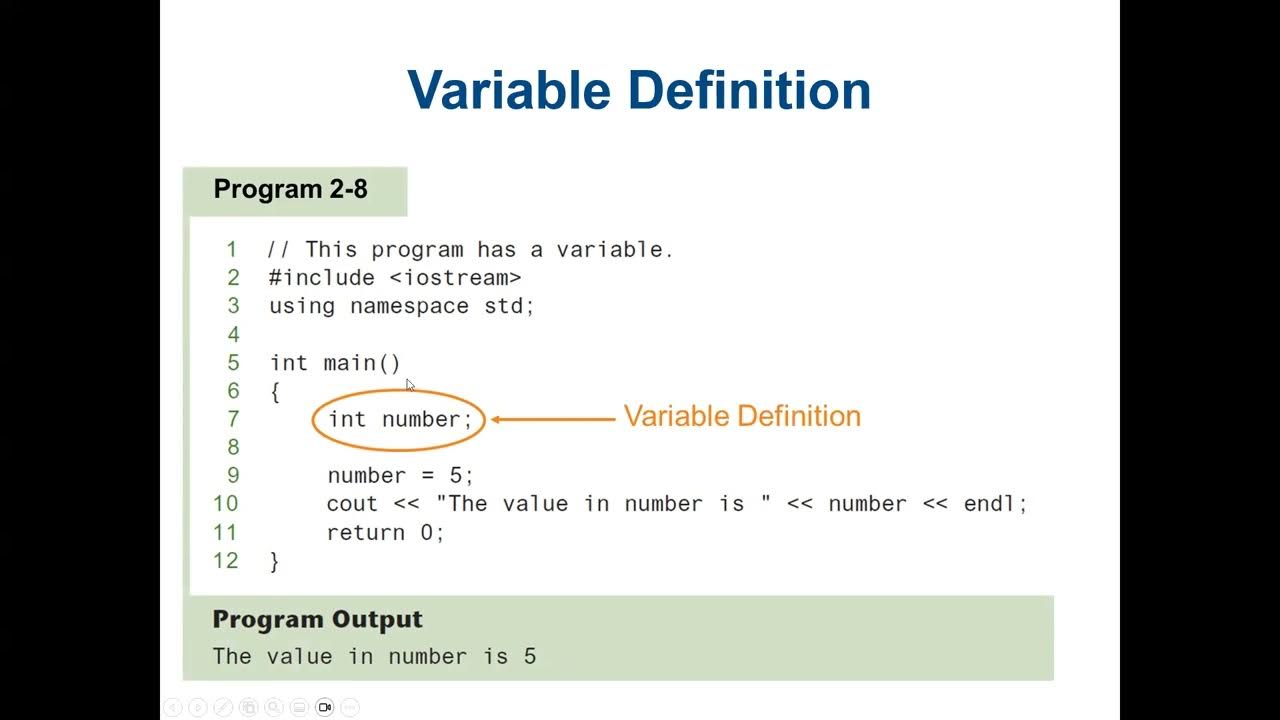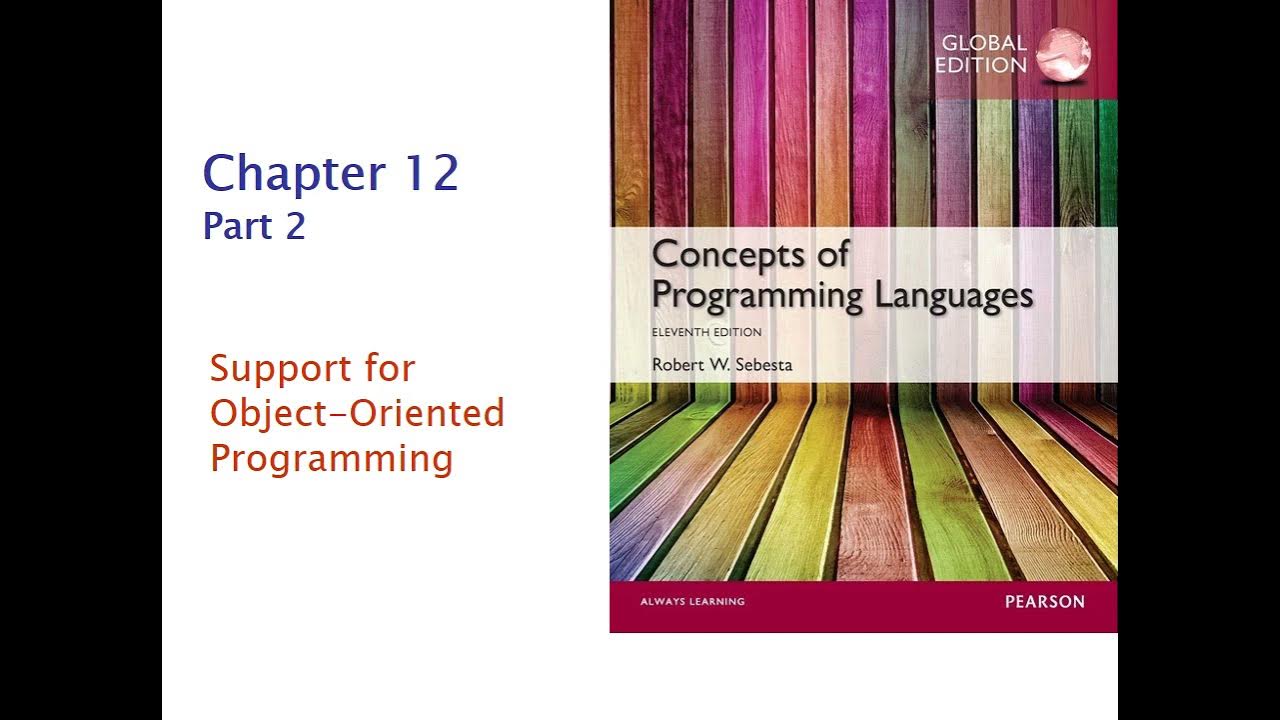C_08 Characters | Identifiers & Keywords in C Language | C Programming Tutorials
Summary
TLDRIn this lecture, the instructor reviews key concepts in the C programming language, focusing on characters, identifiers, and keywords. The video covers the types of characters usable in C (upper and lowercase letters, digits, and special characters), and explains ASCII values for these characters. It highlights how only the underscore can be used in variable names. The instructor then explains identifiers and their role in naming variables, functions, and symbolic constants. Lastly, the video outlines the 32 reserved keywords in C that cannot be used as variable or function names.
Takeaways
- 😀 Variables in C language can include alphabets (both uppercase and lowercase), digits from 0 to 9, and special characters.
- 🔢 Uppercase letters in C range from ASCII values 65 to 90, while lowercase letters range from 97 to 122.
- 📐 Digits from 0 to 9 are accepted as characters in C language.
- 🌟 There are 30 special characters that can be used in C language, such as +, -, *, /, %, and _ (underscore).
- ⚠️ Only the underscore (_) special character can be used within variable names or function names in C.
- 📚 An identifier in C is a name used for variables, functions, or symbolic constants and can consist of letters, digits, and the underscore.
- 🚫 Keywords in C are reserved words that have specific meanings to the compiler and cannot be used as variable or function names.
- 🔑 There are 32 different keywords in the C89 standard, such as auto, extern, static, register, default, volatile, struct, union, typedef, if, else, switch, case, do, while, for, and const.
- 💡 Keywords are used for specific purposes in the C language and have predefined roles, such as declaring storage classes or controlling program flow.
- 📝 The lecturer will discuss each keyword with examples in upcoming videos to clarify their usage and importance in C programming.
Q & A
What are the two types of alphabets used in C language?
-In C language, the two types of alphabets used are uppercase letters (A-Z) with ASCII values from 65 to 90, and lowercase letters (a-z) with ASCII values from 97 to 122.
Can digits be used as characters in C language?
-Yes, digits ranging from 0 to 9 can be used as characters in C language.
How many special characters are available in C language, and can they all be used in variable names?
-There are 30 special characters available in C language. However, only the underscore (_) can be used in variable names or function names.
What is an identifier in C language?
-An identifier is a name used to identify variables, functions, or symbolic constants. It can consist of letters, digits, and the underscore, but cannot begin with a digit.
Can an identifier in C start with an underscore?
-Yes, an identifier in C can start with an underscore, as well as with a letter (either uppercase or lowercase).
What are some examples of valid identifiers in C?
-Some examples of valid identifiers in C are: 'add', 'add123', and '_myVar'.
What is a macro, and how is it defined in C?
-A macro is a symbolic constant defined using the #define preprocessor directive. For example, '#define MAX 10' defines a macro named MAX with a value of 10, which will be replaced by 10 wherever used in the program.
What are keywords or reserved words in C language?
-Keywords or reserved words are predefined words that have specific meanings in C language and cannot be used as variable or function names. C language has 32 reserved keywords.
Can you provide some examples of C language keywords?
-Examples of C language keywords include: 'int', 'float', 'if', 'else', 'return', 'break', 'static', 'for', 'while', 'const', and 'void'.
Why can't keywords be used as variable or function names in C?
-Keywords have predefined functions and meanings in C language, so they are reserved by the compiler. Using them as variable or function names would create conflicts and errors in the code.
Outlines

This section is available to paid users only. Please upgrade to access this part.
Upgrade NowMindmap

This section is available to paid users only. Please upgrade to access this part.
Upgrade NowKeywords

This section is available to paid users only. Please upgrade to access this part.
Upgrade NowHighlights

This section is available to paid users only. Please upgrade to access this part.
Upgrade NowTranscripts

This section is available to paid users only. Please upgrade to access this part.
Upgrade NowBrowse More Related Video

C_09 Keywords and Identifiers | Programming in C

Aula 02 - Linguagem C

Introduction to C++, The Parts of a C++ Program, Identifier Naming Rules, output statements

Basic Syntax Of A C Program: C Tutorial In Hindi #5

C_04 Features of C Language | Use of C Language | C Programming Tutorials

COS 333: Chapter 12, Part 2
5.0 / 5 (0 votes)